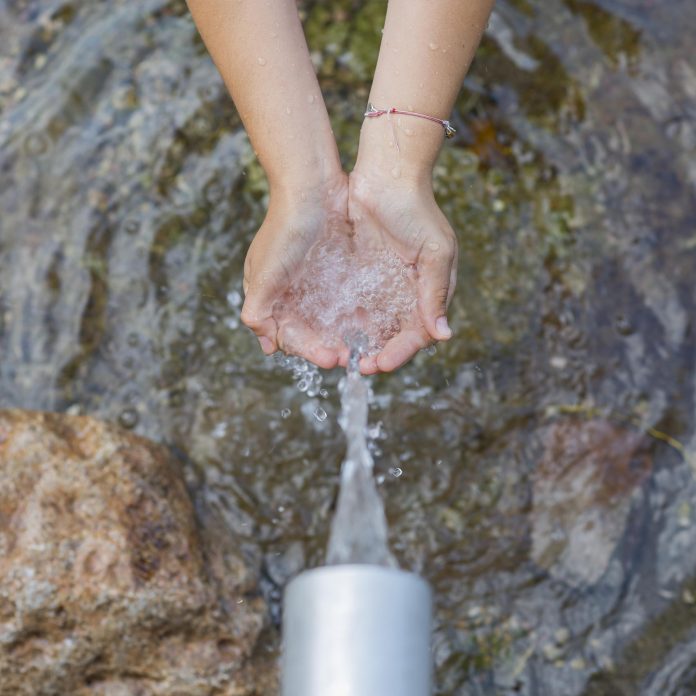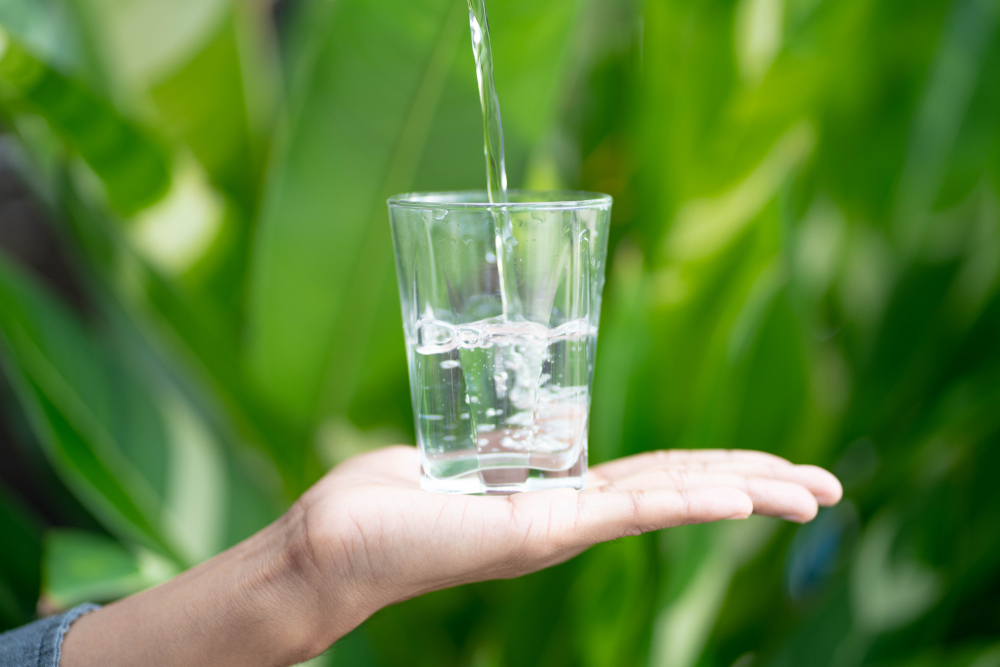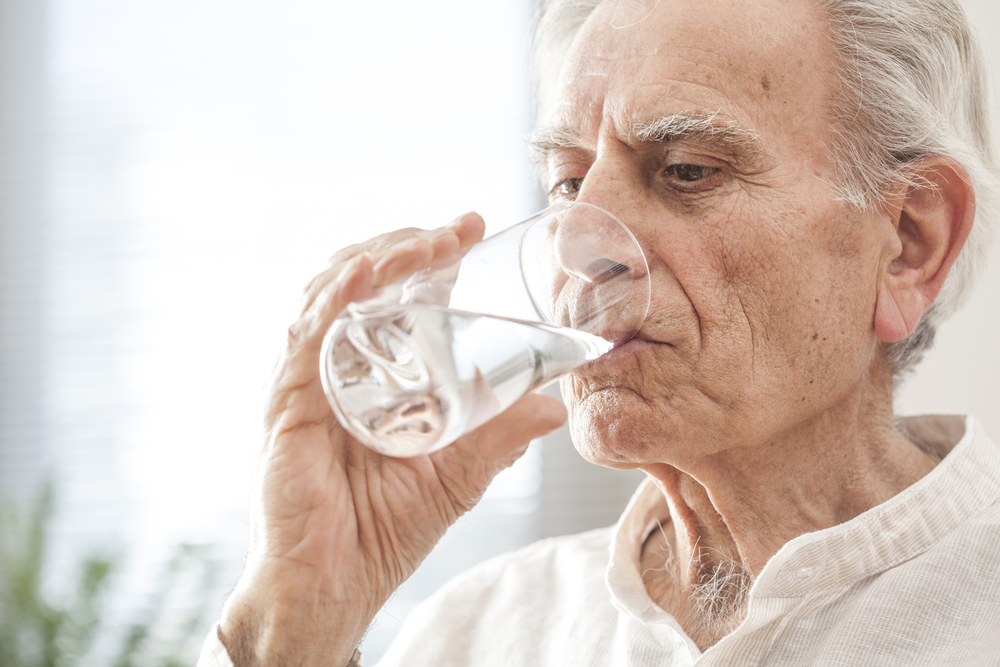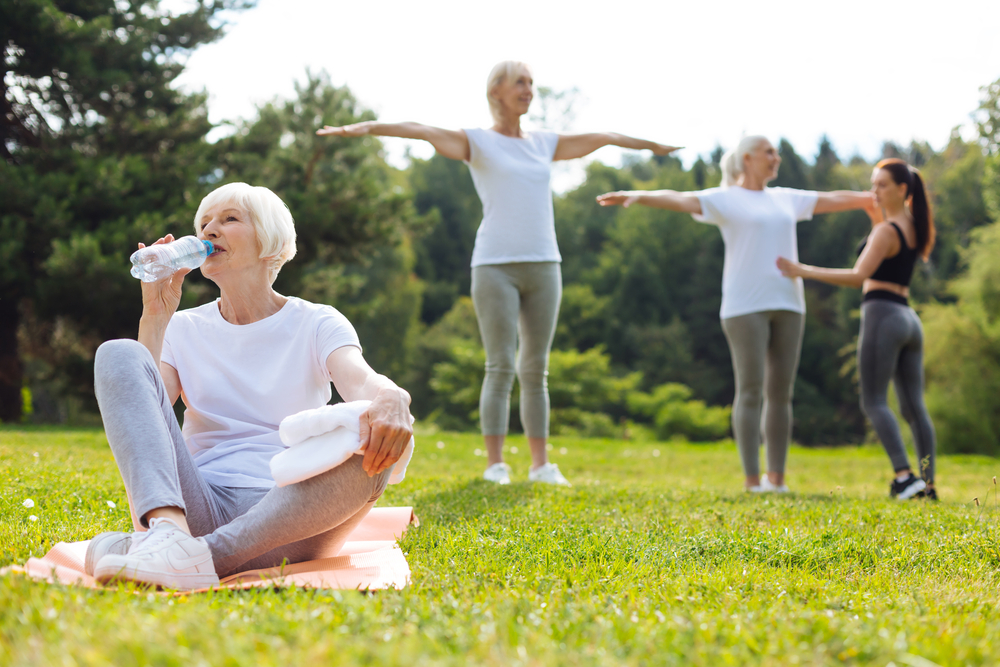Water is the driving force of all nature, said Leonardo da Vinci. Indeed. Most of our body organs need water to survive, writes Dr Nandini Saini
Water is the very essence of life. There is no life without it. From the smallest organism to humans, all require water for survival.
About 60 per cent of our body is made of water, and most organs need water to function. Let’s see how useful it is:
Uses of water
It regulates body temperature: Sweat produced by the body keeps it cool. However, if you don’t replenish the lost water, you could get dehydrated. Keep replacing the water you lose through perspiration.
Helps in eliminating toxins and waste through perspiration, urine and bowel movements : Adequate water is required for your body to perform these functions.
The kidneys make use of water to produce urine. Similarly, water is needed for regular and comfortable bowel movements.
It cushions as well as lubricates the joints in the body: A good water intake helps in lubricating the joints and spine, protecting against conditions like arthritis.
Keeps skin healthy: Being the largest organ of the body, the skin looks fresher, brighter and healthier when you are well hydrated. Water could also help stimulate collagen production, helping in skin tightening.
Additional Benefits of drinking water:
Helps in saliva production: It is the main component of saliva, along with enzymes. A good water intake ensures adequate production of saliva, in turn helping in digestion.
Aids digestion: Experts believe having water before, during and after meals helps in easier digestion.
Helps absorption of nutrients: It helps breakdown of vitamins, minerals and other nutrients, and aids in supplying them to the rest of the body.
It boosts energy: Drinking water is not only refreshing, it’s also been known to boost metabolism. A good metabolism, in turn, means good energy levels.
It prevents medical conditions: Drinking adequate quantities of water can shield you from a lot of medical conditions, like constipation, urinary tract infection, kidney stones and dehydration.
Aids cognitive function: Proper hydration is necessary to maintain focus and attention. Lack of it can cause confusion.
Improves oxygen circulation: It helps circulate oxygen and other nutrients throughout the body, keeping us overall healthy.
Helps in weight loss: Drinking a glass of water a half hour before meals will give you a feeling of satiety- small portions of food will satisfy you.
Keeps brain function normal: As 75 per cent of the brain is water, keeping yourself hydrated helps the brain to function more efficiently. It keeps you alert and sharp.
Keeps the cardio vascular system healthy: Water forms a large component of blood, thus, lack of it affects the circulation. Also, dehydration can cause an electrolyte imbalance in the body, leading to low blood pressure.
What happens when our water intake is inconsistent?
Dehydration
Dehydration occurs when the water intake is less than the body’s requirement. It could be due to habit, an illness or circumstances.
Signs include excessive thirst, fatigue, dry mouth and throat, passing less urine.
It can be treated by replenishing the water intake.
Over-hydration
Contrary to belief, too much water can be harmful too. It can dilute the blood electrolytes, causing conditions such as hyponatremia (reduced sodium in the blood).
It is seen in children and athletes, who consume large quantities of water in short intervals.
To prevent this, you should have water mixed with electrolytes, so that the balance is maintained.
How do you ensure that your water intake is adequate?
Carry a water bottle with you, taking small sips throughout the day.
Keep track of your water intake, making sure you have at least the minimum quantity your body requires.
Remember, there are certain fruits and vegetables that can also contribute to your water intake- watermelon, spinach.
If potable water isn’t available, milk, tea or coffee can also help.
Try being consistent- a few sips of water throughout a day is better than large quantities at large intervals.
Exactly how much water is enough for you?
We’re generally advised to have about 8 glasses of water a day, as it is easy to remember, and drink. The actual quantities can be a little different, depending on your age and sex.
A male is advised to have about 3.7 litres of liquid a day, about 3 litres of which is water; a woman is advised about 2.7 litres a day, 2.2 of which is water.
For kids, the quantity depends on their age-ranging from 5 to 11 cups, as age increases.
Of course, this is an estimate. Some people are just fine with lesser quantities, while some, like athletes, require much more.
It would also depend on certain conditions:
Pregnancy and breast feeding: A woman who is expecting or lactating, will need between 10 and 13 cups.
Climate: People living in areas with a hot climate, or travelling through areas of excessive heat, require more water.
Altitude: Generally, people living at higher altitudes (more than 8000 feet above sea level) require more water. This is because the low humidity causes sweat to evaporate faster- you may not realize the amount of water you’ve lost. Also, low oxygen levels cause higher rate of respiration, causing you to lose more water than usual.
Exercise: Exercise, as everyone knows, results in excessive perspiration and elevated heart and respiration rates. Having less water if you’re exercising strenuously, could cause dehydration. Experts advise that one should have extra half litre water two to three hours before exercise, as well as about 250 ml extra, after.
Medical conditions: Fever, vomiting and diarrhoea are certain medical conditions that require additional water intake as part of the treatment.
Is there a best time to drink water?
There are a lot of opinions about when water should be drunk – from early morning to bedtime, you’ll get to hear a lot of diverse advice.
Early morning
A lot of people maintain that having a glass or two of water early in the morning, preferably warm water, is a great way to begin a day. It rehydrates, helps in a smooth bowel movement and helps you keep hydrated through the day.
Before meals
A lot of dieticians recommend a glass of water a half hour before meals, as part of the weight loss programme. It gives you a feeling of satiety; you end up controlling your meal portions.
During and after exercise
Have you noticed that your exercise instructor gives you a minute break, between exercises, to drink water? This is because, when you exercise, the body loses water through sweat. If not replaced, it will lead to lethargy and muscle cramps, hindering your exercise routine.
Added benefits of lime water
There are times just water isn’t enough, you want a different taste. Try squeezing a few drops of lime into it. Lime water is a proven health booster!
Containing Vitamin C, it helps boost immunity, aids faster recovery from diseases, may help in weight loss, and also tastes like heaven!
We all have ready excuses as to why our water intake isn’t up to the mark…it’s time we start taking the effort to drink up!











